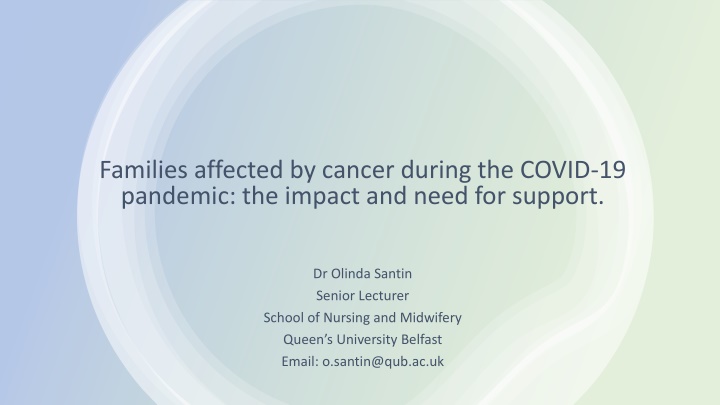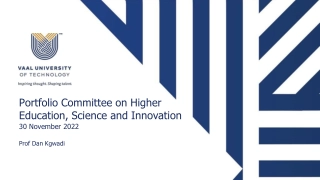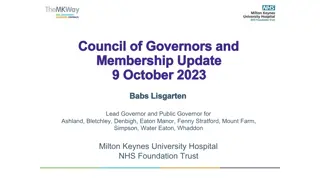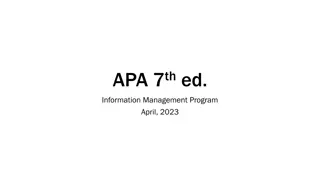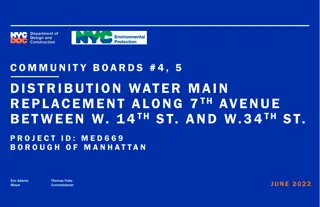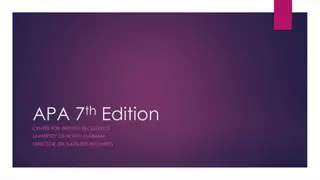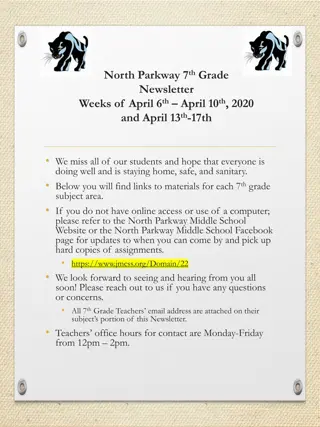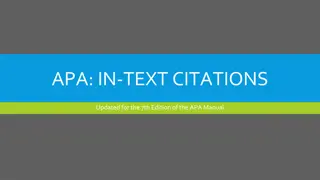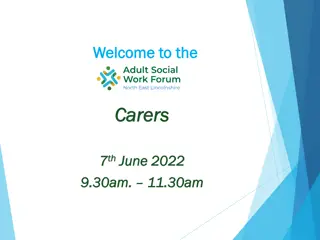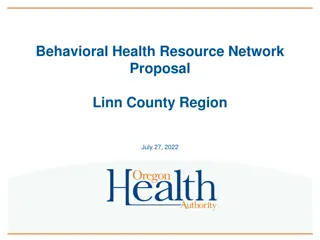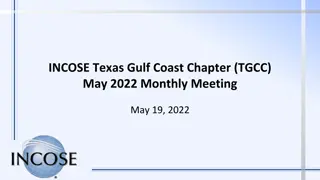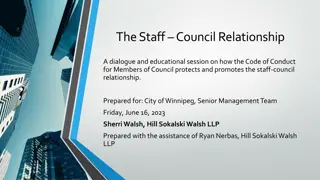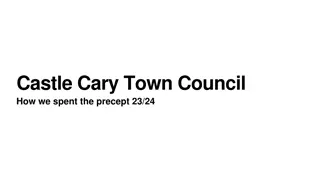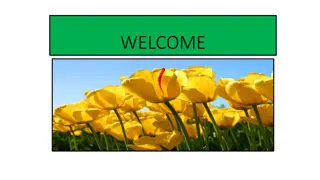OAC Council Update June 7th, 2022
This update presents the progress made by the Oversight and Accountability Council members as they review and approve applications for various counties. Subcommittee voting is completed, and letters of intent to award have been sent. The approved applications, applicant meetings, and materials provided to applicants are detailed in the update.
Download Presentation

Please find below an Image/Link to download the presentation.
The content on the website is provided AS IS for your information and personal use only. It may not be sold, licensed, or shared on other websites without obtaining consent from the author.If you encounter any issues during the download, it is possible that the publisher has removed the file from their server.
You are allowed to download the files provided on this website for personal or commercial use, subject to the condition that they are used lawfully. All files are the property of their respective owners.
The content on the website is provided AS IS for your information and personal use only. It may not be sold, licensed, or shared on other websites without obtaining consent from the author.
E N D
Presentation Transcript
Families affected by cancer during the COVID-19 pandemic: the impact and need for support. Dr Olinda Santin Senior Lecturer School of Nursing and Midwifery Queen s University Belfast Email: o.santin@qub.ac.uk
My background Psychology and Public Health Supportive Cancer Care Research Understanding the impact a diagnosis of cancer can have on families Developing digital solutions- www.cancercaringcoping.com.
COVID-19 and cancer A global pandemic announced on 11thMarch. Measures introduced to suppress the spread of the virus. Changes to normal health service with staff, beds and clinics reassigned. Difficult decisions regarding COVID-19 exposure risk and the risk of cancer treatment delay. Multiple hospital visits and immunosuppression meant that cancer patients were viewed to be particularly vulnerable to COVID-19 .
Aims To understand the impact of COVID-19 on cancer patients and families during the pandemic.
Methods 18 years old patients with a diagnosis of cancer or person who provides informal care for any person currently diagnosed with cancer, at any stage of disease. Promoted via multiple social media platforms online.
Methods 15 questions: EQ-5D-5L (EUROQOL), WHO-QoL-BREF (WHO, 1996). 13 closed questions explored carer caregiving duties, changes experienced during the pandemic, challenges faced and what support would be useful moving forward. 3 open ended questions regarding overall all experiences, difficulties and challenges and needs for support were also included.
Cancer patients Cancer patients 1,300 participants (n=6 oesophageal cancer) Mainly female (73.1%), aged 51 years and older (71.8%), UK based (77.7%), married (74.1%), held a University degree (57.6%), retired/medically retired/unemployed (52.3%) 47% within 3 years of cancer diagnosis 17.5% lived alone Only 3 people reported a COVID-19 diagnosis (at time of survey) 12.3% suspected they had COVID-19 63.6% were finding changes difficult to manage
Psychological Impact Intense fear that the person with cancer would contract the virus and die. Continuous worry about survival. Carers reported living in a state of hyper vigilance. 96.7% reported concern about passing on the virus and 43.4% reporting extreme concern about the virus. Fear that the patient would be admitted to hospital. Lack of contact with family and friends, reduced support.
Social impact Social distancing restrictions greatly reduced support network. Cancer carers reported feelings of loneliness and isolation. The closure of recreational activities such as gyms, swimming pools and cafes removal of usual coping mechanisms. Restrictions on society were viewed as stealing time from families.
Finance Impact Significant negative impact of COVID-19 on employment, working patterns and finances. 42.9% of carers reported financial burden . Some carers reported a leave of absence from work in order to shield the patient. Concern for those self-employed carers. Working unsociable hours to keep up with the demands of their job and caring responsibilities.
Caregiver burden Reduction of respite and supportive services. Complexity in obtaining essential items such as groceries and medications. Working from home and homeschooling children. Carers with children and those in employment reported additional burden as they attempted to manage multiple tasks.
Impact on cancer and palliative services 59.6% (n=109) carers reported had not been affected. 24.6% (N=45) reported treatment delays and 15.8% (N=29) treatment was unavailable. Service disruption in relation to delayed cancer appointments, tests and treatments. Carers could not attend appointments and as consequence felt ill informed and worried. A lack of communication and information from cancer services. Reduced or withdrawal of supportive end of life services.
What carers need Tailored information and communication regarding shielding, accessing support, keeping virus free and caring for someone with cancer. Online support including networking and counselling. Better communication. Clear, consistent information and guidance specific to cancer. Social interaction for cancer carers. Achieving a balance of caring. Emotional and financial support.
Conclusions COVID-19 pandemic has had a negative impact on cancer carers. The development of online support may be helpful. There is a need to explore ways to provide palliative and supportive care at home in a safe way. Urgent engagement with health and supportive care providers particularly primary care, cancer services and the voluntary sector is required in order to identify feasible solutions in currently strained services.
